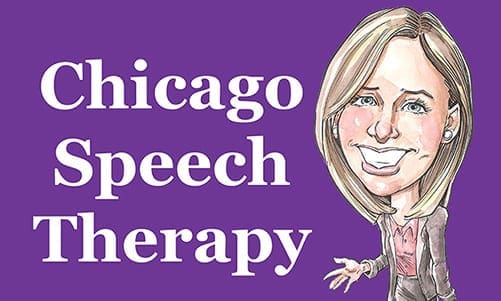Some children are late bloomers; this is not a disorder of any kind. If you are a parent, you are familiar with the concern that accompanies parenting – you cannot help but worry about your child’s progress and growth. Communication between children and parents begins with the first moments they enter into the world. Crying and smiling and waving their arms are the first attempts to convey a message. It’s during these preliminary months that we really wish they were able to just “tell us what they want.” Speech and communication is an important part to growth, mentally and physically. There is no secret why the worry begins to seep in, when our child seems to be delayed in this category.
There is no exact standard to diagnose late talkers versus children with speech disorders. A child develops communication through cooing, making sounds and reacting and imitating the sounds they hear. The way your child reacts to you is the first way he or she learns to talk. Your child will turn and look at you when you make sounds or talk to him or her. Children will smile or cry to tell you what they want. Without words they rely on sounds and gestures, reaching or waving at people or objects. Each child progresses at a different rate, but you will see the ways your child grows, and if you sense something is delayed, you should follow that intuition. If your child has reached 18 months and is still not using true words (even if it’s only 1, like “go, more, ma-ma”) you may want to have an evaluation done to investigate the situation further.
An evaluation can identify what is causing the delay in speech. Licensed speech-language pathologists (SLPs) are able to detect if your child needs speech and language therapy. The sooner a diagnosis is reached, the easier it will be to rectify the issue.
Late talking can be the result of temperament, when a child is just shy. It can also be due to verbal apraxia, a speech disorder that affects the way a child learns how to speak and make sounds. While the cause is unknown, it is best to diagnose this disorder as soon as possible to counteract it with therapy. There are other disorders cued by late talkers, but none can be correctly diagnosed without consulting a licensed speech therapist. It is best to follow your intuition on your child’s development and seek professional help if you have questions or concerns.


